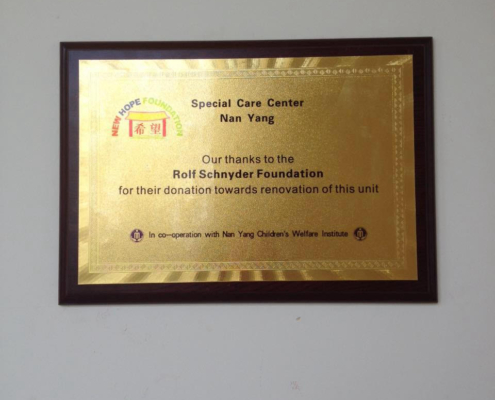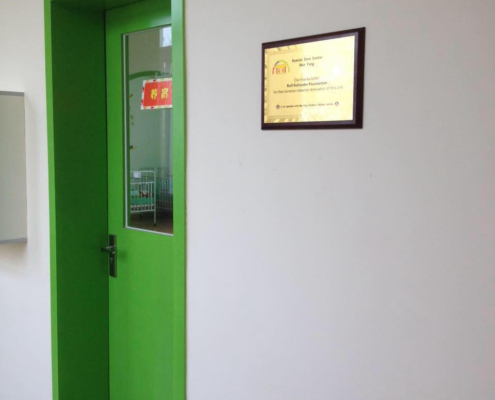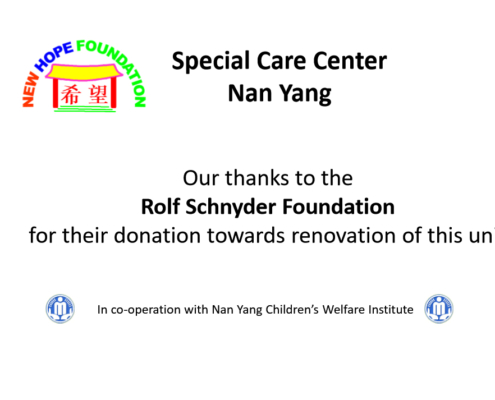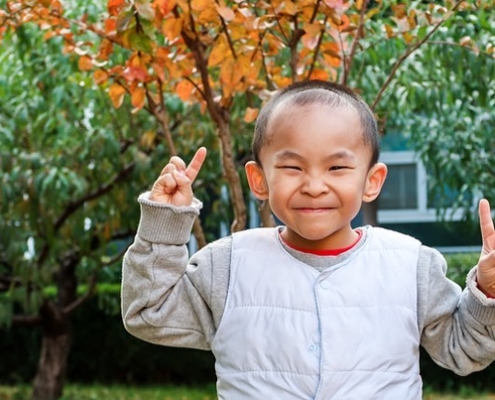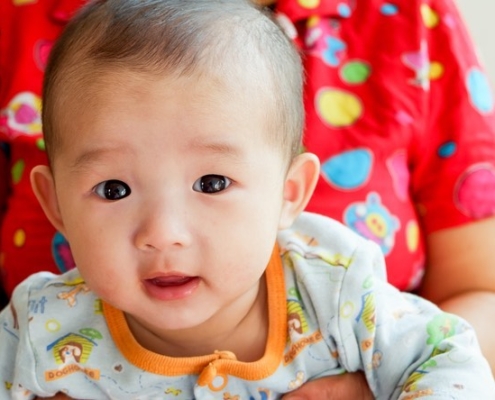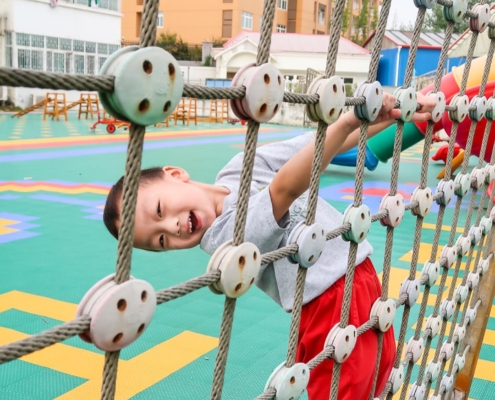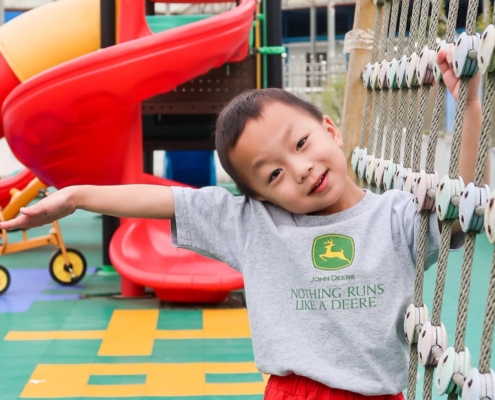China – Nanyang Special Care Centre
FRS provided support for fitting out the ground floor with 2 baby rooms and a dining room through New Hope Foundation.
This is 1 of 5 centres operated by New Hope in Henan Province. The centres provide humane and loving medical and hospice care for infants and young children with a range of congenital defects who are unlikely to survive without medical intervention. Those who survive are great blessings. Due to New Hope’s long track record, it is able to gain the confidence of the local authorities of some of China’s poorer provinces to intervene and to provide specialist care.
New Hope started out with a foster home/clinic for orphans abandoned at birth not too far from Beijing. In addition to taking in orphans, who come from state orphanages which are not equipped to provide or procure the major medical interventions that abandoned babies sadly often require – the foster home works closely with a number of doctors, hospitals and clinics in Hong Kong, Thailand and Singapore (amongst others, where they have established relationships) under which medical consultants provide their services, often for complex medical interventions, at cost or for nothing. So many lives are saved. The foster home also works to find permanent homes for orphans. Many of whom will have spent several years in foster homes before adoption and of course, wherever possible, keeps in touch with the adopted children and their new families. All the children have found new families in the United States, Canada or Western Europe.
Typically, abandoned children (and they are almost always abandoned in the first 24 hours of their lives) are left to die or face little more than subsistence in municipal orphanages. Those fortunate enough to be found and brought to New Hope’s foster home have a very real prospect of full, rewarding and healthy stable lives. Of the 1000 or so babies they have taken in over the first seven years of operation, sadly some 25% die, normally soon after being taken in. However some 600 children have been through the system, undergone whatever urgent medical care that was necessary, had several years of normal life in a family atmosphere in the foster home (with a care giver/orphan ratio of 1:2) and then gone on to a fulfilling life in their adoptive families. These are children who otherwise would have died very early in their lives or condemned to an institutional existence for their entire lives. Over 90% of the survivors have found new families in the US, Canada or Western Europe.

